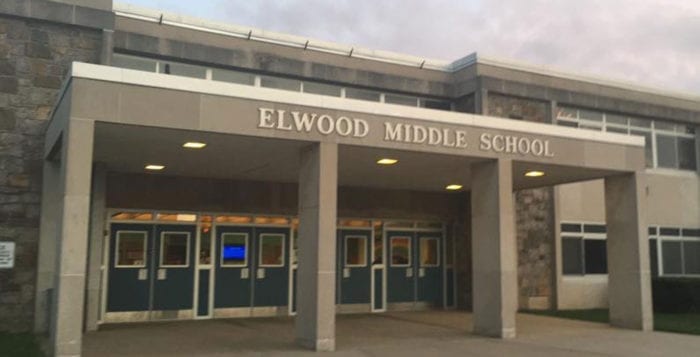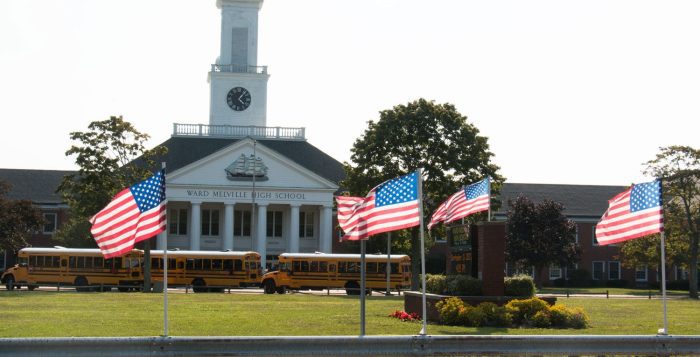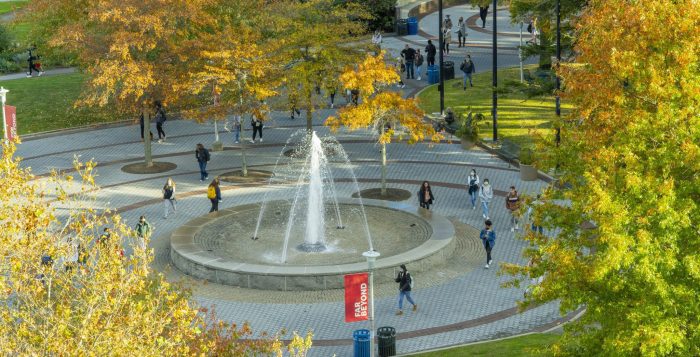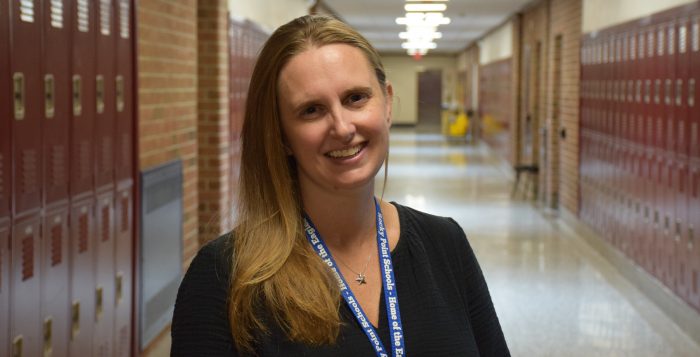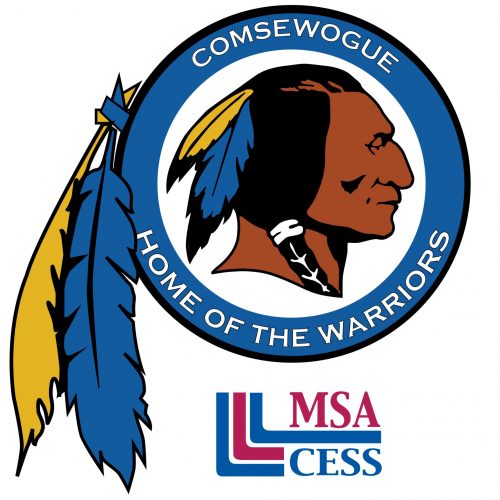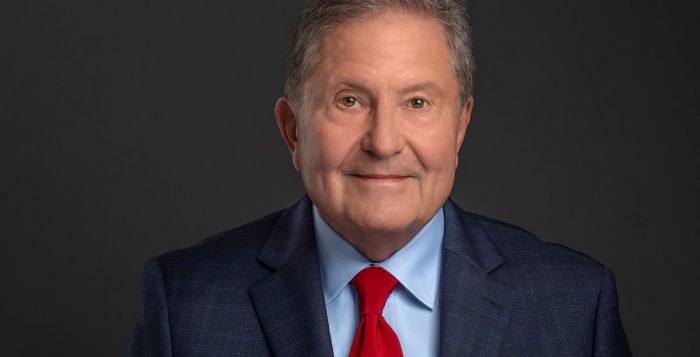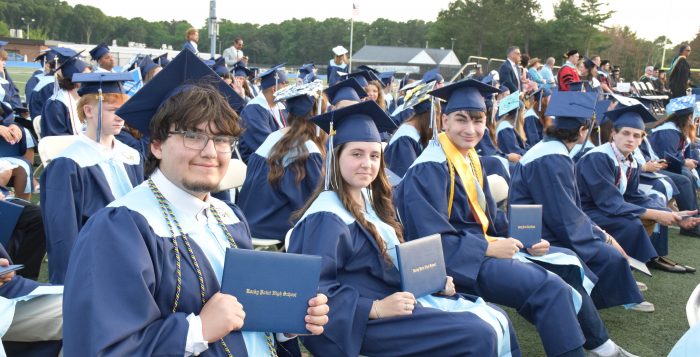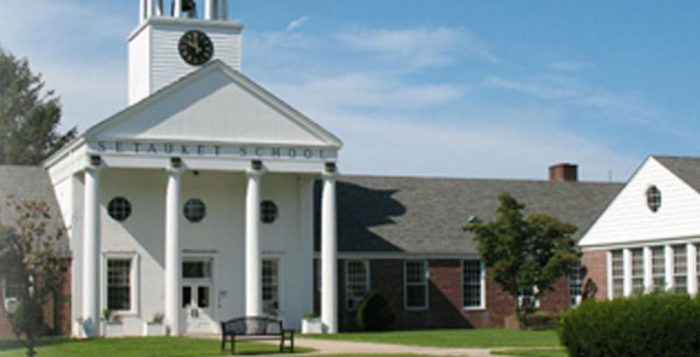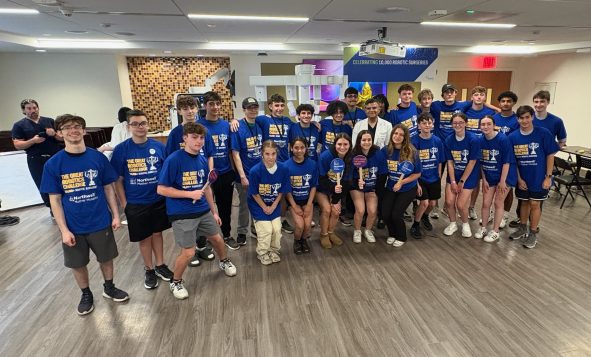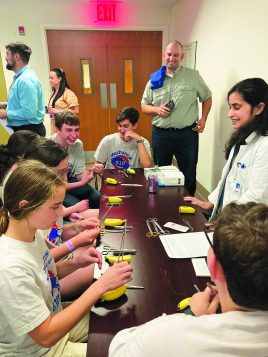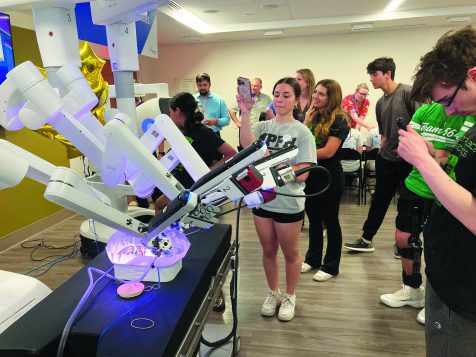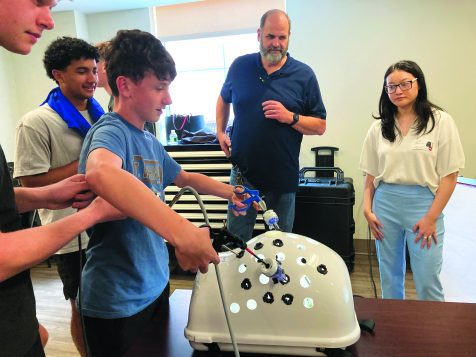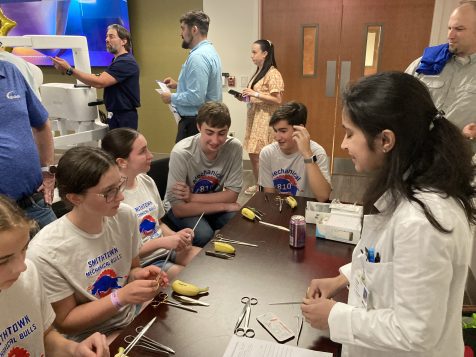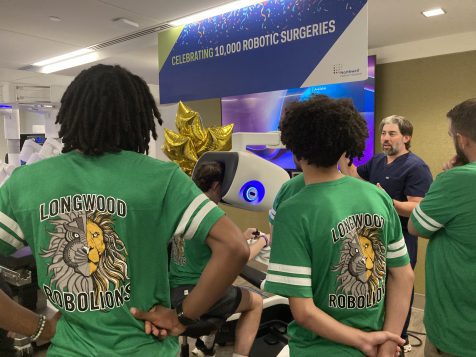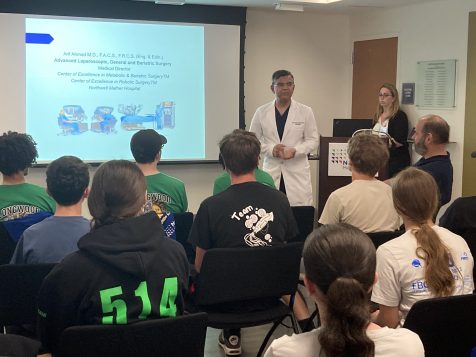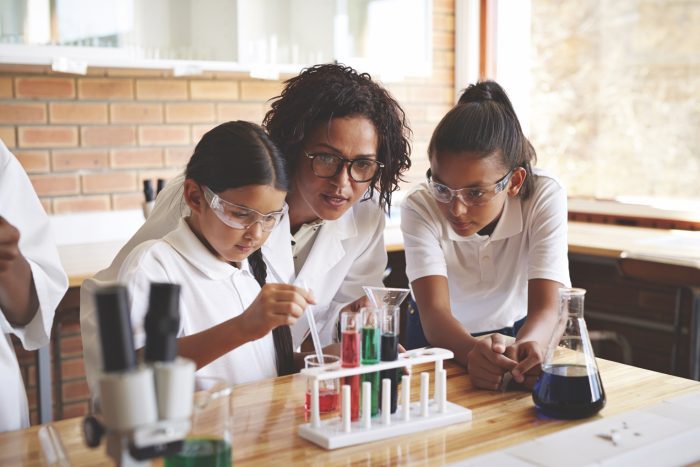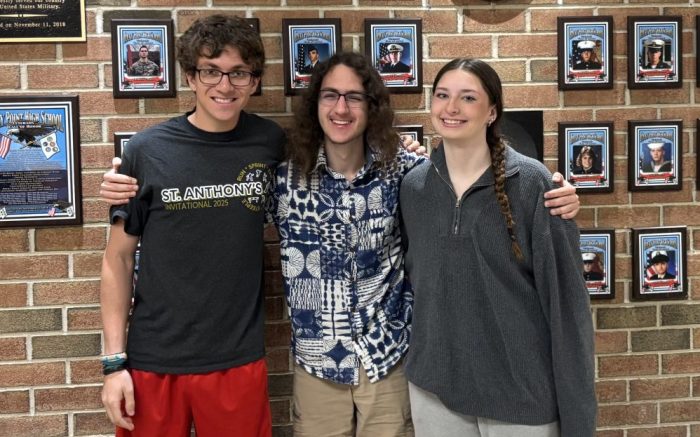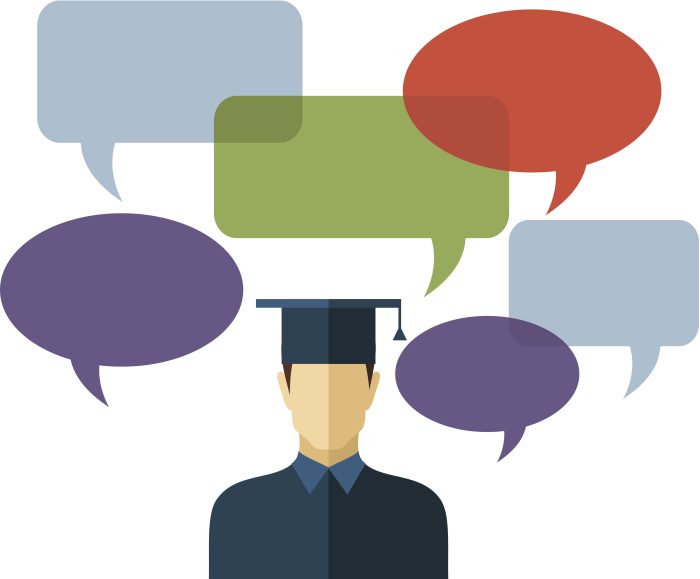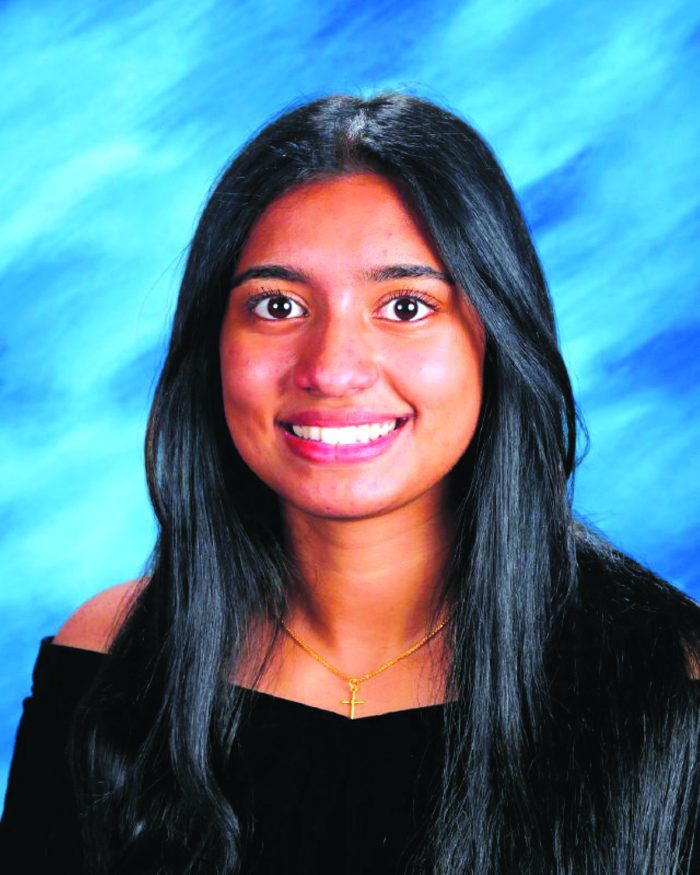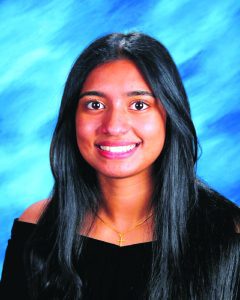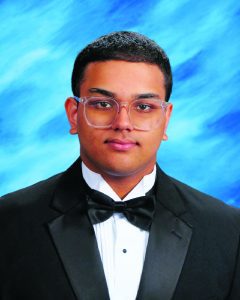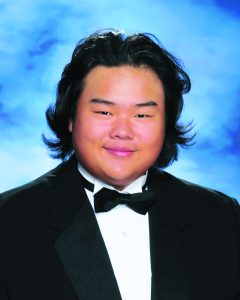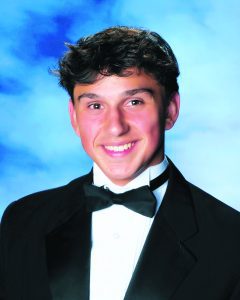TBR News Media sent a Q&A to local salutatorians and valedictorians, asking about the strategies that helped them become their school’s top performers. In Smithtown Central School District, an honor speaker is chosen by the graduating class of each high school instead of prescribing to the valedictorian and salutatorian distincion. Rabia Chattha is the honor speaker for Smithtown High School East. At Hauppague High School, Sara Conquet was valedictorian and Ayaan Shah was salutatorian.
Rabia Chattha
• GPA: 4.45
• Activities: President of Science Olympiad, President of National Honor Society, member of multiple honor societies, Varsity Track and Cross Country Teams, Volunteer Ambulance Corps, co-founder of Game4AC
• Attending Stony Brook University to study Biochemistry on the Pre-Med track
What advice would you give an incoming freshman?
Try everything from class to clubs, even if it isn’t your first choice, because you never know what you’ll end up liking. I’ve learned that high school is the perfect time to explore new interests and step outside your comfort zone.
How did you stay motivated throughout your studies?
Rather than only focusing on one long-term goal, I set many short-term ones as stepping stones. Whether it’s aiming to get a good grade on a test coming up in a week or working toward my dream of becoming a physician, these goals keep me focused.
Please share some study habits you employ that helped you maintain high grades.
My biggest study habit that has helped me is time management. I use planners and to-do lists to stay organized. After each class, if there is an upcoming test, I rewrite all of my notes, and if I notice a flaw, I practice a lot to better my weaknesses in that subject.
What are your goals or career aspirations?
In the future, I aspire to become a physician. It has been my dream since I was young to help others through medicine and to truly make a difference in people’s lives.
—————-
Sara Conquet: Valedictorian
• GPA: 103.23
• Activities: Chamber Orchestra, National Honor Society, Spanish Honor Society, English Honor Society, History Honor Society, Math Honor Society, Science Honor Society, Quiz Bowl
• Attending Vassar College to study Neuroscience
Ayaan Shah: Salutatorian
• GPA: 102.92
• Activities: Science Olympiad, Quiz Bowl, Science Bowl, Coding Club, Chamber Orchestra (cello), Varsity Tennis, National Honor Society, Math Honor Society, Science National Honor Society, German Honor Society, English Honor Society
• Attending Georgia Institute of Technology to study Electrical Engineering
What advice would you give an incoming freshman?
Conquet: Don’t just focus on grades, even when it seems like school encompasses every part of your life. Try to enjoy your classes, especially classes with content that you enjoy learning about — this may even help you figure out what you want to do after high school. Also remember that school isn’t just about schoolwork, even if most of the time it seems like it’s just about classes and grades. Remember the people — the friends, the teachers, the coaches — that motivate you to get through the day and give you reasons to smile. Thank them, spend time with them, and remind them how important they are to you.
Shah: My best advice for freshmen would be to take in everything. It is easy to say that a certain subject or class is useless, but you never know what you are interested in if you do not stay open to learning. The second part to this is to try everything. You are at the optimal part of your life where you can learn new hobbies and build lifelong interests, and now is the time to start. Join new clubs, participate in sports, explore new subjects, and do not let any opportunity pass you by.
How did you stay motivated throughout your studies?
Conquet: I always reminded myself of my goals and of how maintaining good grades would allow me to get into a better college and have a more successful future. I also often engaged in friendly competition with some of my peers, and trying to get grades as high as or higher than theirs helped motivate me.
Shah: One of the most important aspects of my life that allowed me to focus on my future goals has been my parents. They always supported my academics, pushed me toward perfection, and aided me when I was unsure exactly what I wanted to do as a career.
Please share some study habits you employ that helped you maintain high grades.
Conquet: Actively taking notes while the teacher is instructing (in lecture-type classes), taking practice tests in a quiet environment and treating them as if they were the actual test (then grading the tests and assessing my weaknesses and strengths), prioritizing subjects based on difficulty and the dates of the exams.
Shah: One of the best study habits has been to really focus during class and take detailed notes. Even just taking your own notes on blank paper is really helpful to memorize content. Another important point is to remember everything. A school year is not very long, so you should keep everything in mind and not let anything go.
What are your goals or career aspirations?
Conquet: I would like to eventually conduct professional scientific research and pursue a professional degree. I would like to participate in or lead significant research which could possibly benefit the lives of others and contribute to advancements in medicine and science.
Shah: I am going to pursue a degree in Electrical Engineering. I intend to particularly focus on computer hardware. As a part of this, I hope to participate in various scientific research projects to expand my knowledge and engineering skills.

